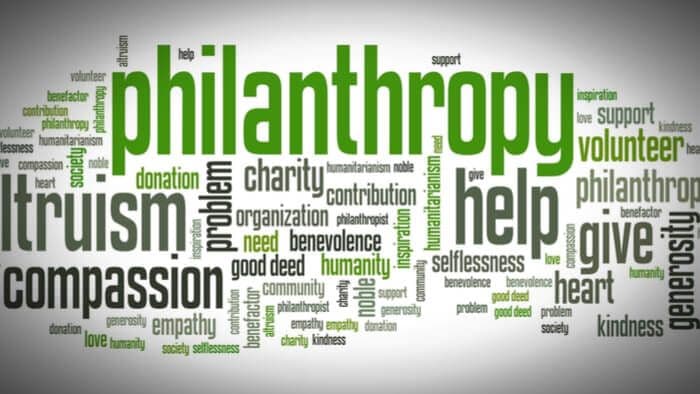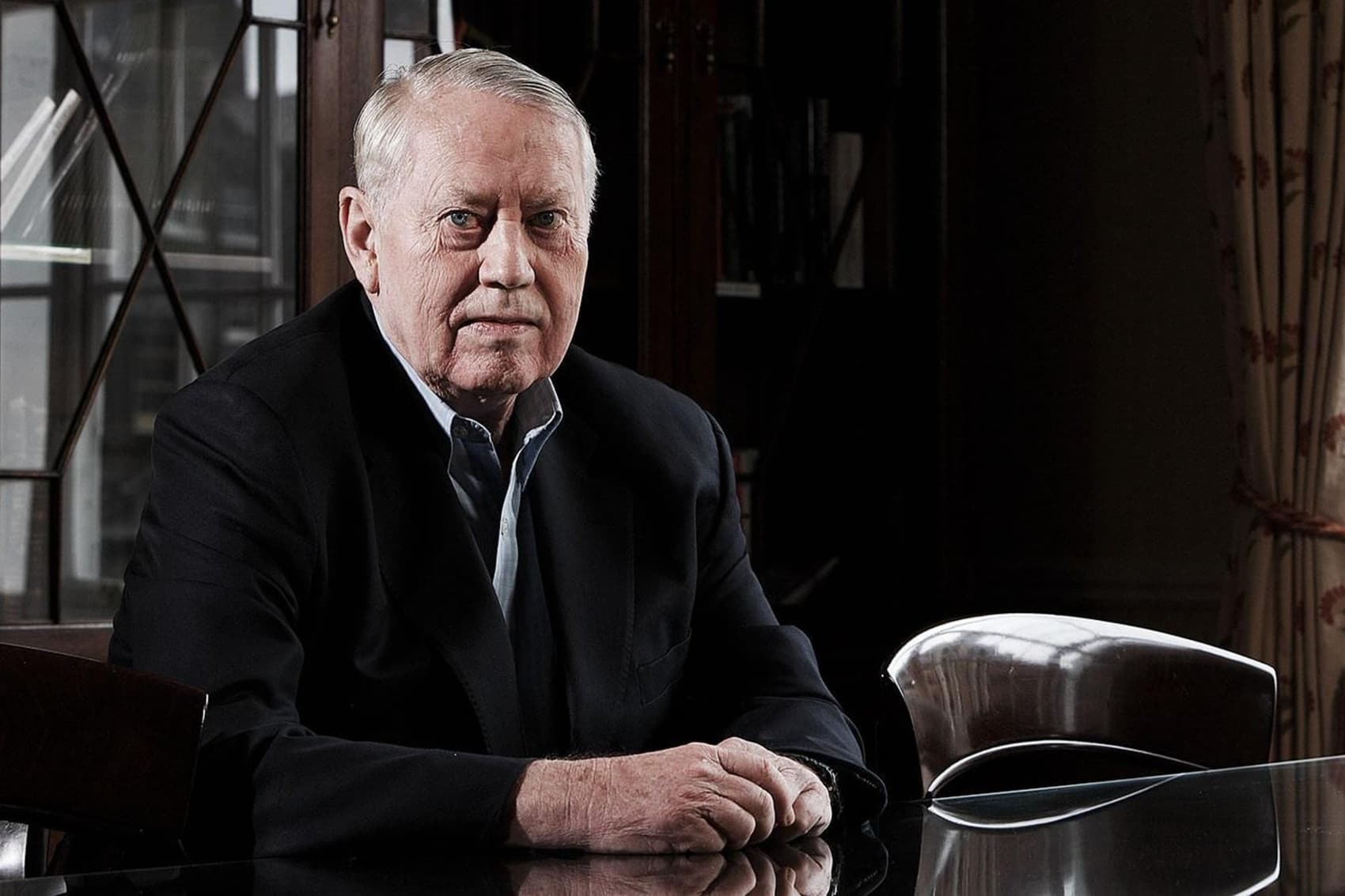22 May 2025
6 min
How Philanthropy Serves the Interests of the Super-Rich

There are more philanthropists than ever before. Each year they give tens of billions to charitable causes. So how come inequality keeps rising?
8 Sep 2020 – Philanthropy, it is popularly supposed, transfers money from the rich to the poor. This is not the case. In the US, which statistics show to be the most philanthropic of nations, barely a fifth of the money donated by big givers goes to the poor. A lot goes to the arts, sports teams and other cultural pursuits, and half goes to education and healthcare. At first glance that seems to fit the popular profile of “giving to good causes”. But dig down a little.
The biggest donations in education in 2019 went to the elite universities and schools that the rich themselves had attended. In the UK, in the 10-year period to 2017, more than two-thirds of all millionaire donations – £4.79bn – went to higher education, and half of these went to just two universities: Oxford and Cambridge. When the rich and the middle classes give to schools, they give more to those attended by their own children than to those of the poor. British millionaires in that same decade gave £1.04bn to the arts, and just £222m to alleviating poverty.
The common assumption that philanthropy automatically results in a redistribution of money is wrong. A lot of elite philanthropy is about elite causes. Rather than making the world a better place, it largely reinforces the world as it is. Philanthropy very often favours the rich – and no one holds philanthropists to account for it.
The role of private philanthropy in international life has increased dramatically in the past two decades. Nearly three-quarters of the world’s 260,000 philanthropy foundations have been established in that time, and between them they control more than $1.5tn. The biggest givers are in the US, and the UK comes second. The scale of this giving is enormous. The Gates Foundation alone gave £5bn in 2018 – more than the foreign aid budget of the vast majority of countries.
Philanthropy is always an expression of power. Giving often depends on the personal whims of super-rich individuals. Sometimes these coincide with the priorities of society, but at other times they contradict or undermine them. Increasingly, questions have begun to be raised about the impact these mega-donations are having upon the priorities of society.
There are a number of tensions inherent in the relationship between philanthropy and democracy. For all the huge benefits modern philanthropy can bring, the sheer scale of contemporary giving can skew spending in areas such as education and healthcare, to the extent that it can overwhelm the priorities of democratically elected governments and local authorities.
Some of this influence is indirect. The philanthropy of Bill and Melinda Gates has brought huge benefits for humankind. When the foundation made its first big grant for malaria research, it nearly doubled the amount of money spent on the disease worldwide. It did the same with polio. Thanks in part to Gates (and others), some 2.5 billion children have been vaccinated against the disease, and global cases of polio have been cut by 99.9%. Polio has been virtually eradicated. Philanthropy has made good the failures of both the pharmaceutical industry and governments across the world. The Gates Foundation, since it began in 2000, has given away more than $45bn and saved millions of lives.
Yet this approach can be problematic. Bill Gates can become fixed on addressing a problem which is not seen as a priority by local people, in an area, for example, where polio is far from the biggest problem. He did something similar in his education philanthropy in the US where his fixation on class size diverted public spending away from the actual priorities of the local community.
Other philanthropists are more wilfully interventionist. Individuals such as Charles Koch on the right, or George Soros on the left, have succeeded in altering public policy. More than $10bn a year is devoted to such ideological persuasion in the US alone.
Share this Article
Next Read

We Are the Ones We’ve Been Waiting For
A reflection on everyday generosity and collective impact in communities

Chuck Feeney: The Billionaire Who Gave Away His Fortune
The inspiring story of Chuck Feeney, the billionaire who donated his wealth

Fixing the News: Stories That Inspire Change
How storytelling and optimism can reshape the news narrative